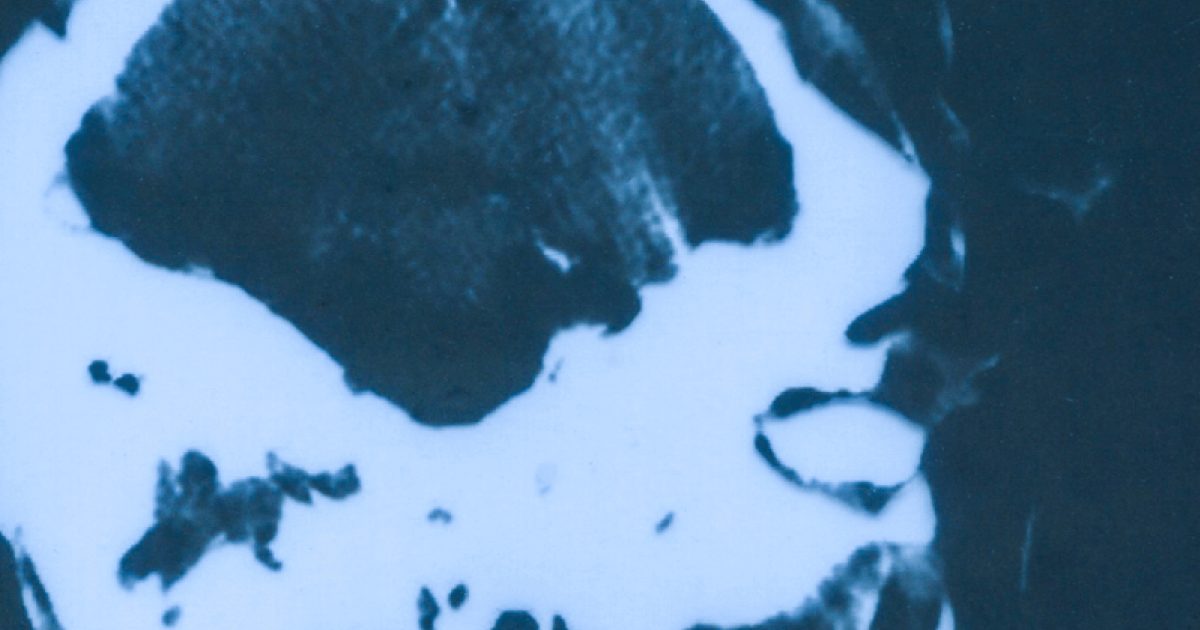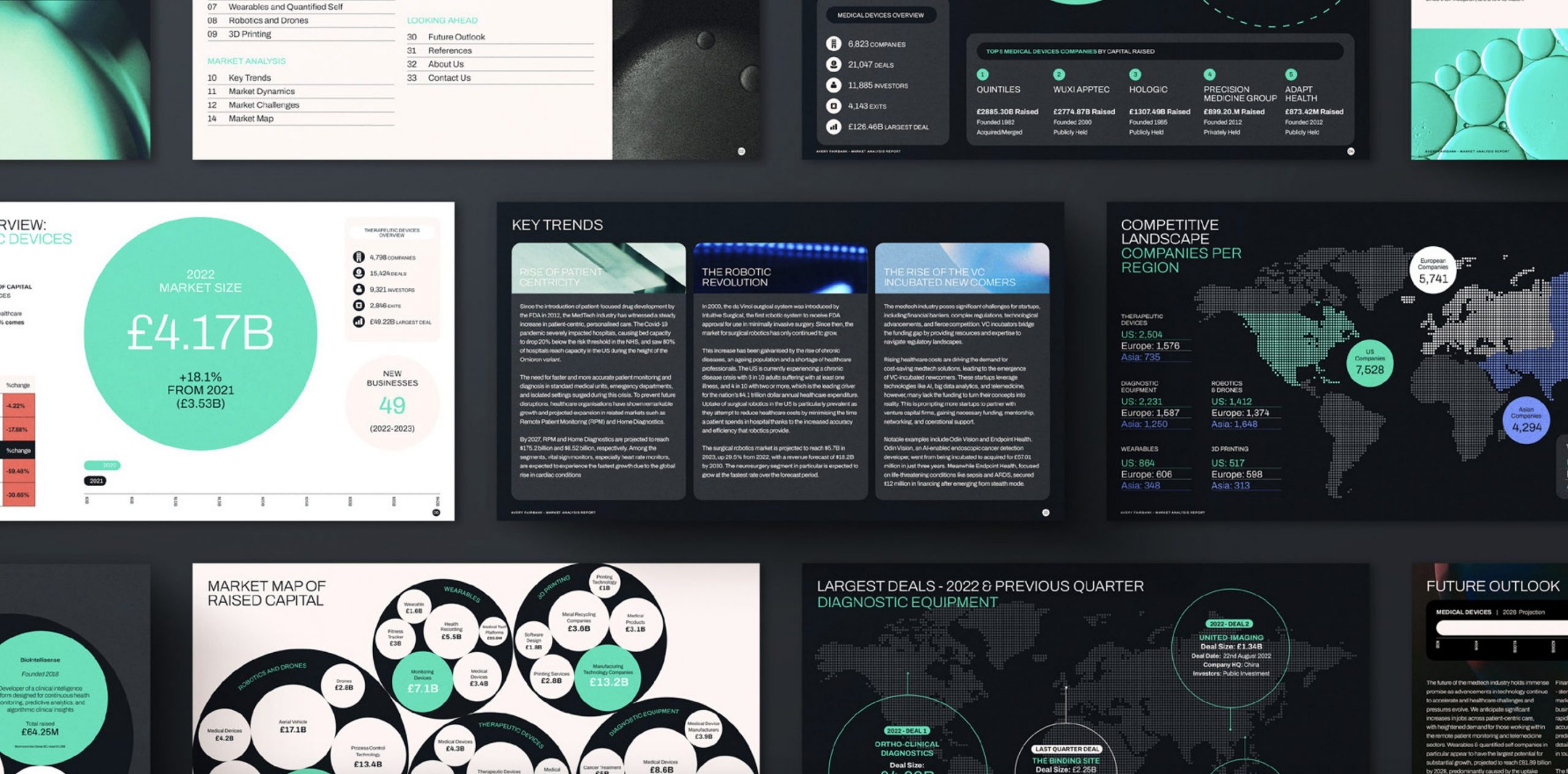August 2, 2023
As the therapeutic device industry continues to evolve and innovate, there are several emerging companies making remarkable strides in this field. These companies have caught the attention of investors, experts, and medical professionals alike with their groundbreaking technologies and potential to revolutionise patient care.
In this article, we will explore three of these emerging companies to watch closely as they pave the way for transformative advancements in the therapeutic device industry. From cutting-edge treatments to novel approaches, these companies are poised to shape the future of healthcare and improve the lives of countless individuals worldwide.
Lusaris Therapeutics
Lusaris Therapeutics emerged in 2021, spearheaded by a group of adept drug developers and accomplished company builders, boasting a wealth of knowledge in the field of neuroscience. Leading the charge as the Interim CEO is Andrew Levin, a seasoned expert in the therapeutics industry, distinguished by his noteworthy tenure in numerous leadership roles across diverse therapeutic enterprises. The company has already raised an impressive total of £60.03 million in funding, thanks to the support of world-class investors. This substantial backing places the Lusaris team in an enviable position, poised to deliver transformative medicines that hold the potential to bring new hope and radically improve the lives of millions of patients and their families.
Lusaris Therapeutics seeks to revolutionise the treatment of severe neuropsychiatric and neurological disorders with next-gen serotonergic neuroplastogen therapeutics, particularly for Treatment-Resistant Depression (TRD). “Major depressive disorder is a severe, debilitating, and inadequately treated disease resulting in millions of patients progressing to TRD” said Andrew Levin, M.D., Ph.D., Interim CEO of Lusaris. To combat this, Levin believes LSR-1019, the company’s proprietary sublingual formulation of 5-MeO-DMT, has the potential to “provide an important therapeutic advance for patients with severe depression who lack effective treatment options.”
Neil Buckley, Chief Operating Officer at Lusaris said the company aims to “develop best-in-class neurotherapeutics that have the potential to reach more patients in need by decreasing the treatment burden on both patients and physicians”. Buckley also expressed his excitement about the potential of LSR-1019 as a “transformative treatment for patients suffering from TRD and other serious mood disorders”. Additionally, Lusaris is also focused on developing novel serotonergic neuroplastogens for conditions like migraine and cluster headache.
Science
Max Hodak, Founder and CEO of Science, holds a BSC Degree in Biomedical Engineering from Duke University. He is also the Co-Founder and President of Neuralink, Science’s competitor in high-bandwidth brain-machine interfaces. Science’s revolutionary “Science Eye” is an implantable brain-machine interface using optogenetics to restore vision for blind patients with photoreceptor loss, eliminating the need for invasive procedures. This groundbreaking technology offers new possibilities for treating severe brain diseases and represents the first of its kind in vision restoration.

Science launched Science Foundry, a program enabling companies to access and build upon its internal infrastructure, comprising over 80 tools and services, to expedite medical device development. By alleviating the financial burden for early-stage startups, this initiative aims to foster innovation and empower a diverse range of ideas. Hodak hopes that the Science Foundry will “bring down the barriers to innovation”, adding “there’s a bunch of smart people out there that have a bunch of different ideas than the ones that we have, and we would like to enable them.”
Hodak expressed optimism about the potential of their innovative product “Science Eye”, stating “It’s early days but if this works it’ll be an enormous company”. He also envisions a promising future for the company that could see the business eventually expand beyond the medical device sector and into new markets. Although Science is still in its early stages, the company has already achieved significant milestones, raising an impressive total of £131.32 million since its inception in 2021. With their groundbreaking products and ambitious vision, Science appears well-positioned for continued growth and success in the foreseeable future.
Kelonia
Kelonia is an innovative in-vivo gene delivery company focused on providing potent genetic medicines to patients afflicted with various diseases, starting with cancer. Since its establishment in 2021, the company has successfully raised a remarkable £44.3 million in funding. Addressing the challenges posed by traditional CAR T cell therapies, which involve lengthy manufacturing and delivery timelines, Kelonia’s revolutionary iGPS technology employs an advanced LVV (Lenti Viral Vector) engineered to generate tissue-targeted CAR T cells directly within the patient’s body.
This groundbreaking approach has the potential to eliminate the need for toxic bridging chemotherapies that some patients currently require while waiting for therapy. Moreover, Kelonia’s CAR T cell therapy aims to provide a safe and effective cancer treatment option that may obviate the need for any chemotherapy, offering hope and timely intervention to patients in the US and around the world.
Dr. Friedman, Founder, President, and CSO of Kelonia, brings two decades of gene therapy delivery expertise to the company’s innovative immunotherapies. His pioneering iGPS technology addresses limitations in existing approaches, offering a potent off-the-shelf CAR T-cell therapy with improved specificity, avoiding toxicities and chemotherapy associated with standard CAR T. With its streamlined manufacturing and revolutionary potential, Dr. Friedman believes iGPS is poised to be an “absolutely transformative drug for cancer patients”. He’s also looking forward “to direct this technology to additional indications that are either in oncology or even ideally outside of oncology”, envisioning its impact on medical advancements.
Friedman emphasised the incredible off-the-shelf potential of iGPS, explaining, “We literally take a vial out of the freezer and administer it to the animal; there is no chemotherapy, leukapheresis, or ex vivo CAR T manufacturing.” He added “It’s just a drug right out of the freezer pumped into the vein. And that’s exactly what we’re going to do clinically intravenously.” The technology utilised by Kelonia was developed by Michael Birnbaum, PhD, an associate professor of biological engineering at MIT. Originally designed for antigen-specific T-cell receptor (TCR) screening, this technology now serves as the foundation for Kelonia’s groundbreaking advancements.
If you’re interested in further in-depth analysis of the medical devices industry; including deals, key players, trends and challenges from the last year and quarter, you can register interest for our exclusive Market Analysis Report.

Published on 02-08-2023


